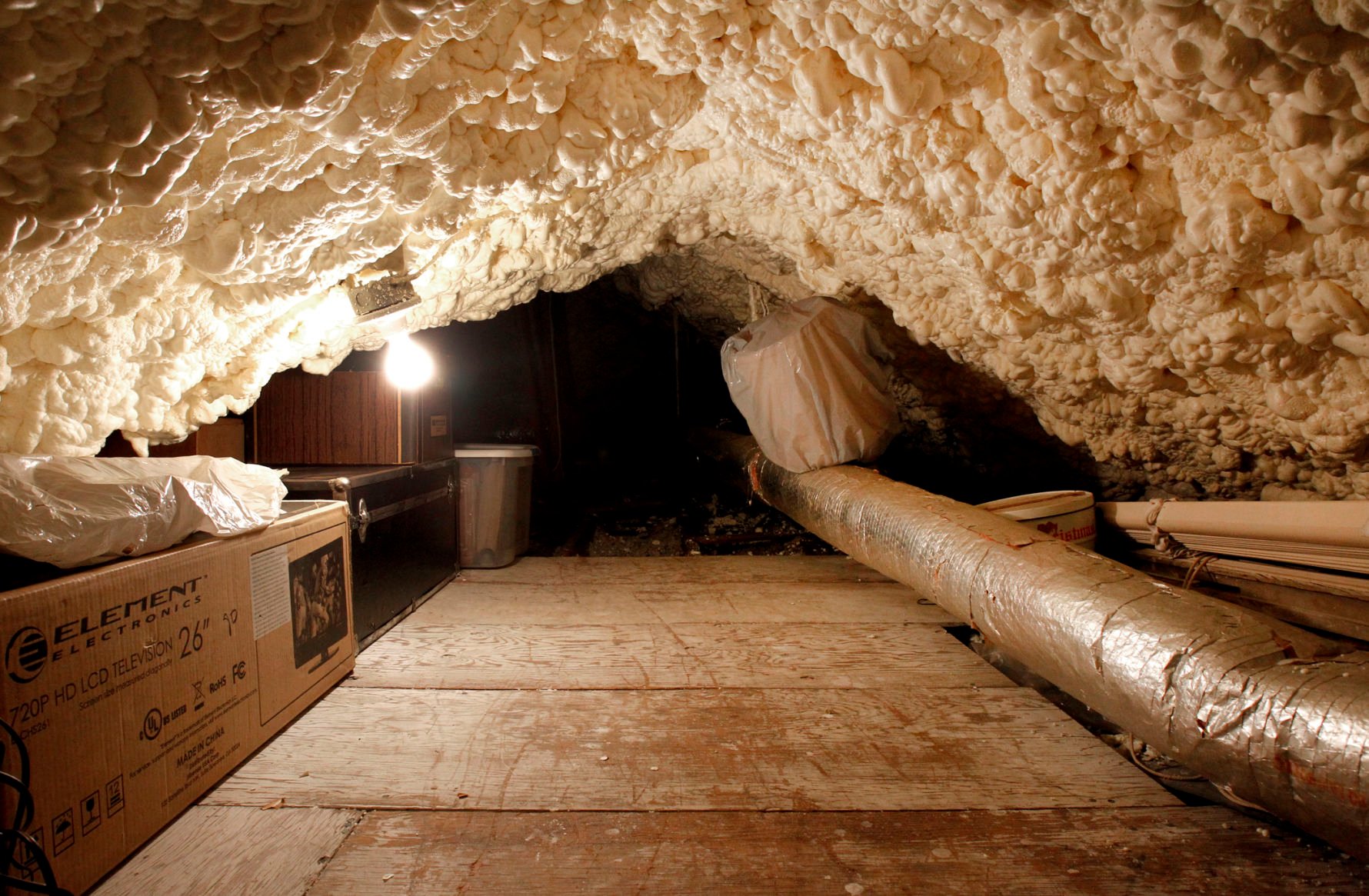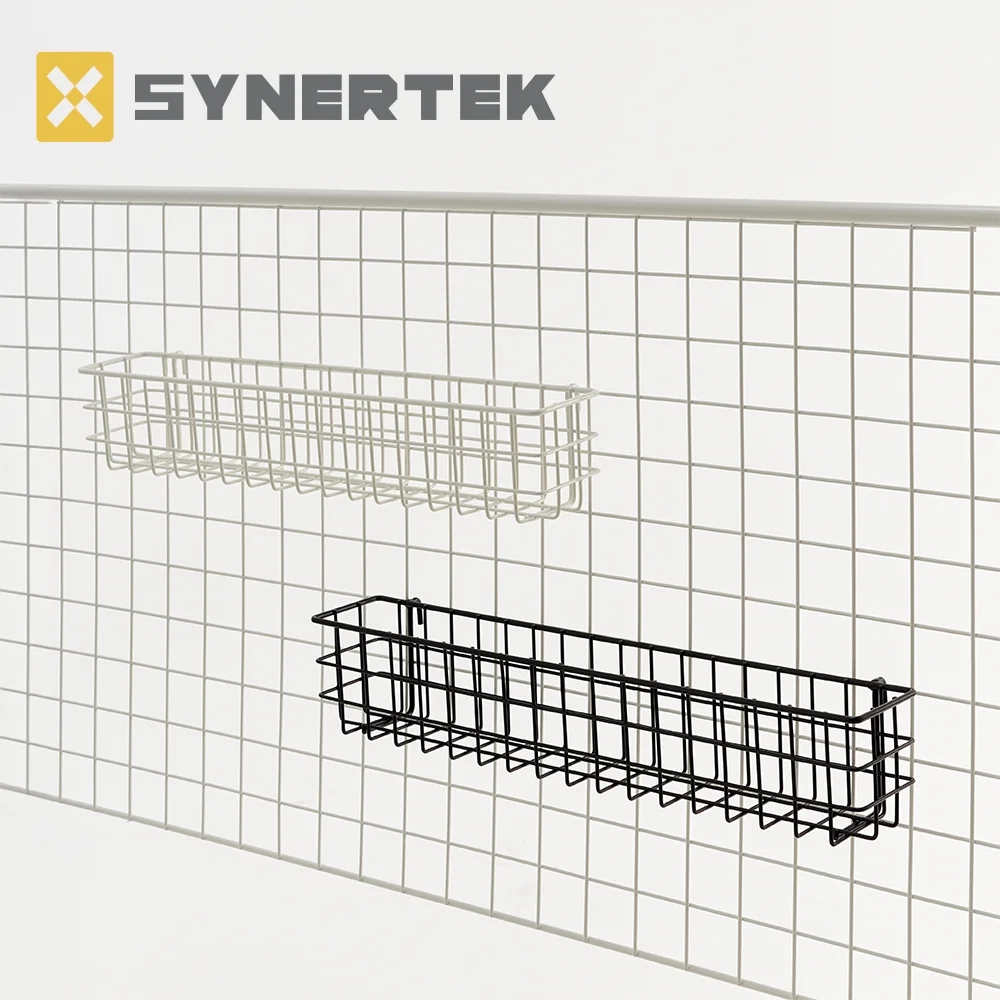
Insulation plays a crucial role in maintaining comfortable indoor temperatures and reducing energy consumption. However, finding the right insulation material that is both cost-effective and highly efficient can be a daunting task. In this blog post, we will delve into the world of insulation and explore the cheapest and most effective options available in the market today.
- Fiberglass Insulation:
Fiberglass insulation is a popular choice due to its affordability and excellent thermal performance. Composed of fine glass fibers, it effectively traps air pockets, minimizing heat transfer. This insulation material is widely used in residential and commercial buildings, offering a cost-effective solution for energy efficiency. - Cellulose Insulation:
Made from recycled paper products, cellulose insulation is not only environmentally friendly but also highly effective. It provides excellent thermal resistance and is often used in attics and walls. Cellulose insulation is an affordable option that offers significant energy savings and soundproofing capabilities. - Spray Foam Insulation:
Spray foam insulation has gained popularity in recent years due to its exceptional insulating properties. It is composed of a mixture of polyurethane and isocyanate, which expands and hardens upon application. While spray foam insulation may be slightly more expensive upfront, its long-term benefits outweigh the initial cost. It provides an airtight seal, preventing heat loss and reducing energy bills significantly. - Reflective Insulation:
Reflective insulation, also known as radiant barrier insulation, is an innovative solution that reflects heat away from the building. It consists of a reflective material, such as aluminum foil, which is installed in attics, roofs, or walls. This type of insulation is particularly effective in hot climates, reducing the need for excessive air conditioning and lowering energy costs. - Natural Fiber Insulation:
For those seeking eco-friendly options, natural fiber insulation is an excellent choice. Materials such as sheep's wool, cotton, and hemp offer good thermal performance and are biodegradable. While natural fiber insulation may be slightly more expensive, it provides a sustainable solution that contributes to a healthier environment.
Conclusion:
When it comes to insulation, finding the right balance between cost and effectiveness is crucial. Fiberglass, cellulose, spray foam, reflective, and natural fiber insulation are all viable options that offer different advantages. Consider your specific needs, budget, and climate conditions when selecting the most suitable insulation material. By investing in the cheapest and most effective insulation, you can enjoy long-term energy savings and a comfortable living environment.

